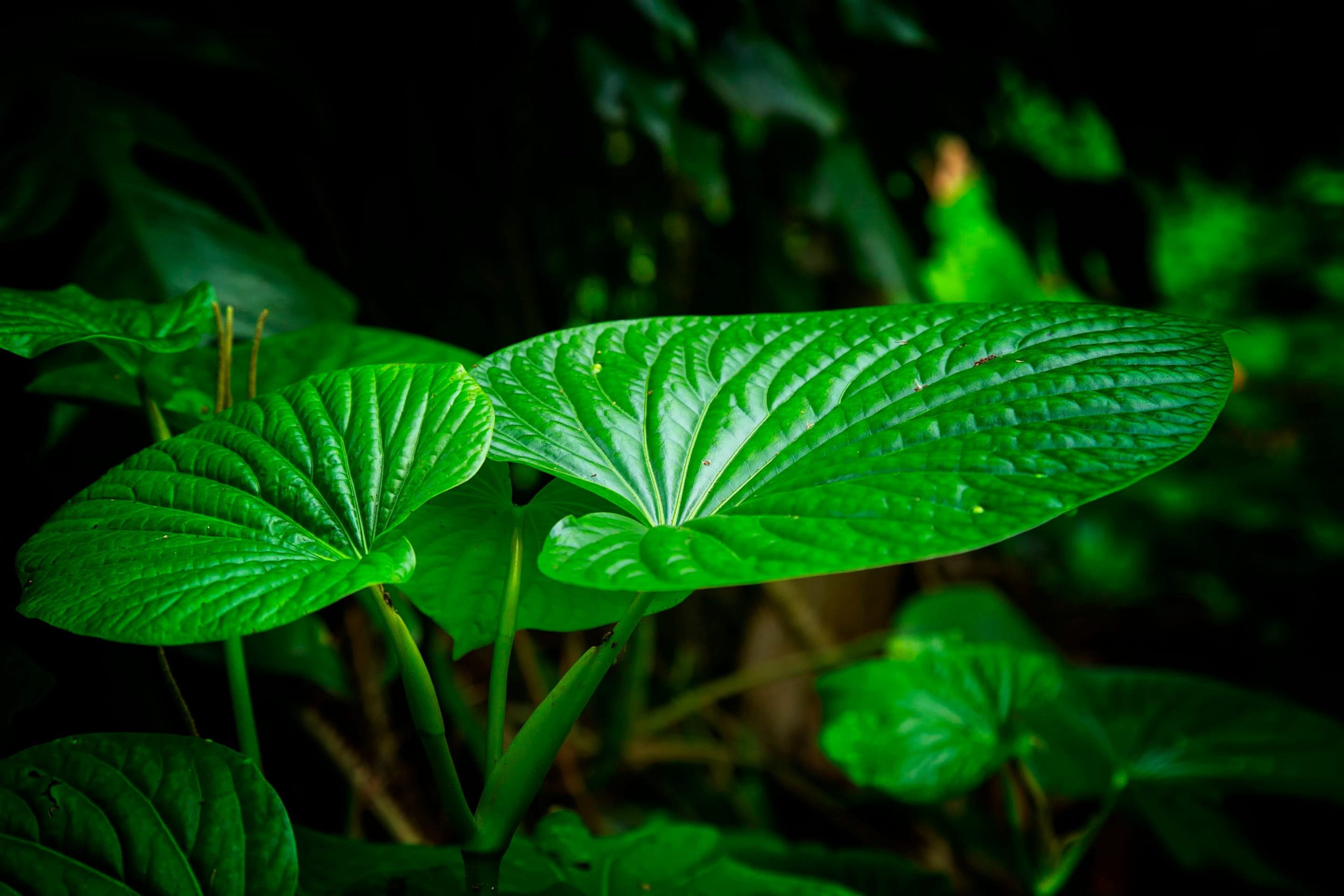Kava kava has been defined as a calming but toxic herb. How can one plant fit both bills? Kava kava is a tall shrub from the Piper methysticum plant. It contains kavapyrones that act like alcohol, leaving you with a euphoric, relaxed, and calm feeling.
Kava Kava is used to alleviate stress, anxiety, and pain, prevent seizures and induce sleep. Traditionally the plant’s root and rhizomes are made into a paste mixed with water to make a drink. In modern times, kava powder, capsules, tinctures, and tablets are available.
How kava kava works
Kava kavaworks by stimulating dopamine in the brain. This stimulation comes about when kava impacts the receptors of the neurotransmitter gamma-aminobutyric acid (GABA).It essentially acts as a central nervous system depressant, slowing down or eventually stopping the transmission of brain signals by the nerves.Like a psychotropic drug, Kava kava affects the body, brains, and parts of the central nervous system, making one tired, relaxed, and sleepy.
Kava kava is legal in the US and is used both as a dietary supplement and for personal use. Warnings are, however, also available regarding the safety of its consumption. This information enables people to make an informed choice by weighing the risks against the benefits. In Germany, Switzerland, France, Canada, and Australia, kava kava has been banned.
Uses of kava kava
Kava kava can be taken by a dropper or mixed into another drink like juice or water. In its natural form or as a supplement, Kava kava should be taken in small doses as the kavalactones are very concentrated and potent.Kava kava in whichever form is used to relieve and treat several conditions related to tension and relaxation of muscles such as:
- Kava kava is used as a sedative to make a person tiredand eventually fall asleep. The six major kavalactones cause this drowsiness that kava contains. It deals with insomnia and other related sleeping disorders to promote sleep without affecting the restful sleep phase. It is advisable to consult your doctor before using kava kava at night to relieve insomnia due to its safety concerns.
- Kava kava has been used to treat anxiety disorders. Research shows that the extracts contain 70% kavalactones. These compounds work as well as a prescription medicine to lower anxiety.
- Kava kava raises dopamine levels giving a feeling of relaxation and calm, making a person feel less tense and relieved of stress.
- Kava kava relieves Premenstrual syndrome (PMS) symptoms by relaxing the muscles, improving mood, and reducing tension.
- Kava kava has been used to reduce nerve pain. It relieves chronic nociceptive pain. Kava kava has also been used in recent times to reduce inflammation and bone loss.
- Kava kava has been used to treat the common cold and other upper respiratory tract infections, migraines, headaches, and epilepsy.
- For people using kava kava, depression levels dropped, and patients were more relaxed, in a good mood, and happy.
Side effects of kava kava
Kava kava is considered a healthier alternative to alcohol as it does not affect cognitive function. However, in the long run, kava kava is hepatoxic. It may cause severe liver and heart damage if overused or consumed over a long period. Kava kava might be metabolized into liver-damaging substances, causing liver damage and failure. Other effects from overuse of kava kava are:
- Kava kava has contributed to high body temperature, fever, and chills in those who use it, especially over prolonged periods.
- Nausea is a very common side effect of using kava kava. The nauseating effect is caused by taking kava kavas that are not well peeled or processed.
- Kava kava causes general body fatigue, and as a person becomes tired and sleepy, the body relaxes to relieve tension.
- People using kava kava have sometimes reported skin rashes and allergic skin reactions after using kava kava.
- Observations have also been made of people developing jaundice or yellowing of the skin
- Visual disturbances including dilated pupils
- Using either the natural kava kava supplement has also caused eye irritation. A condition also called dermopathy.
- Headaches and migraines
- Drowsiness
- Dizziness
- Excessive consumption of kava kava causes Indigestion, stomach upset, and discomfort
- Mouth and tongue numbness
- Abnormal enzyme levels
- Dry, scaly skin
- Others, as a result of liver damage, have succumbed to acute hepatitis.
- Kava kava can suppress appetite because it alters the part of the brain controlling hunger, called the hypothalamus region. This suppression results in weight loss.
Safety concerns of kava kava
- Kava kava can cause liver damage. It should therefore be taken in small doses, if at all. Consumption should be restricted to not more than 250 milligrams per day and taken for not more than three months. Liver damage has been noted after one month of use with normal doses.
- Long-term use of kava kava can lead to malnutrition, indifference, and weight loss.
- Pregnant and nursing mothers, people with liver disease, or people currently under medication should not use kava kava unless under instructions from a qualified medical practitioner who knows their medical history.
- Users of kava kava may experience a mild “hangover” feeling the morning after consuming kava kava, especially the first time they take it.
- Taking too much kava kava has been linked with low libido and infertility.
- Because kava kava makes you tired, it may affect your driving ability and the effective operation of heavy machinery.
Take home on kava kava
Kava kava is a calming but potentially toxic herbal remedy used to alleviate stress and anxiety, relieve pain, prevent seizures, promote relaxation, and induce sleep. It acts by depressing the central nervous system not to transmit pain impulses to the brain. Research has proved that kava kava is hepatoxic, causing severe damage to the liver. Therefore, it is not suitable for people with liver disease or those currently under medication for liver treatment. Kava kavacan be taken only after consultation with a qualified doctor to ascertain that the expected benefits outweigh the risks.
- How the Pec Deck Works Your Chest - April 19, 2024
- Homemade Eye Drops: Risks, Benefits, and More - April 19, 2024
- SMART TOOTHPICKS COMPANY - July 29, 2023









